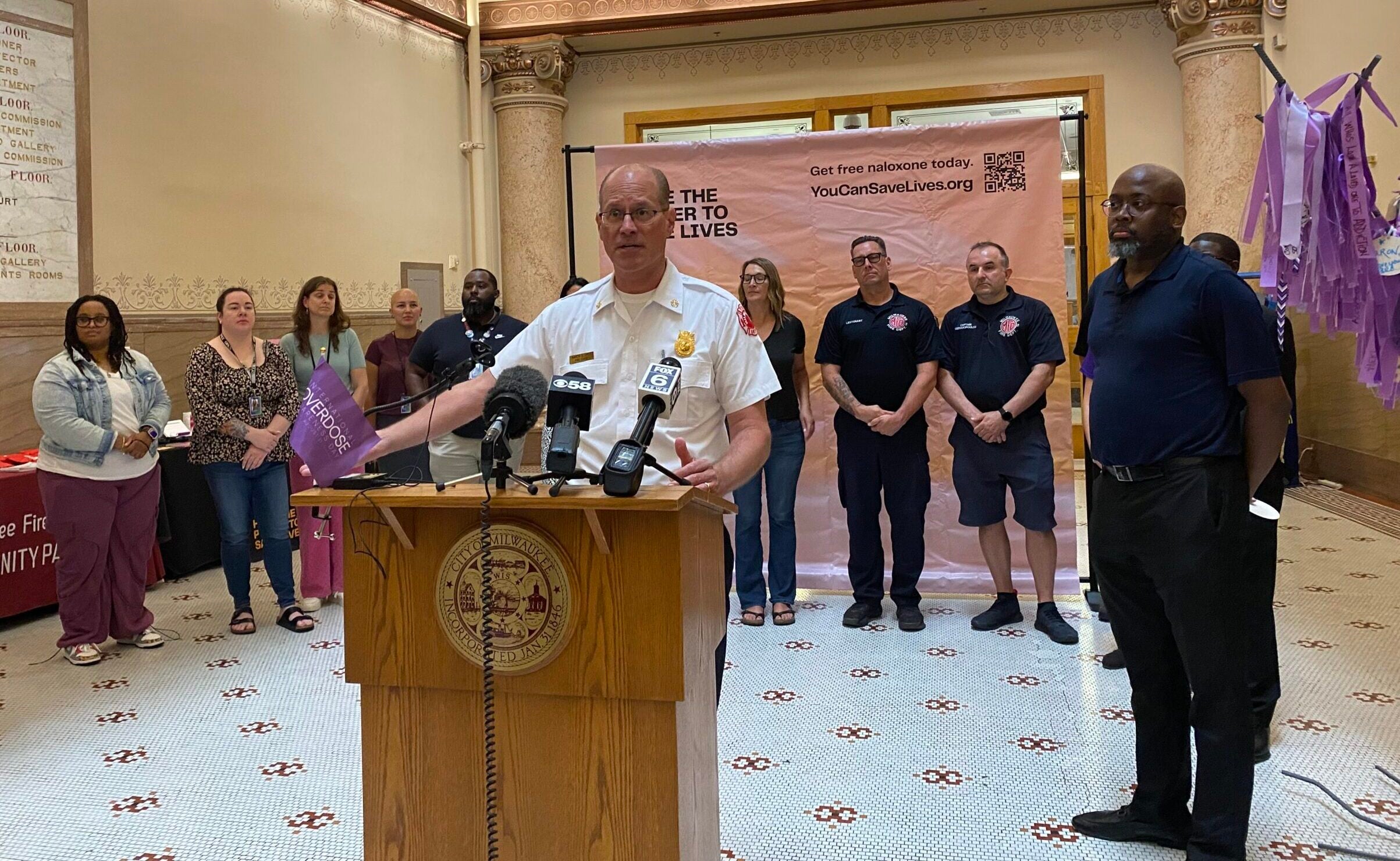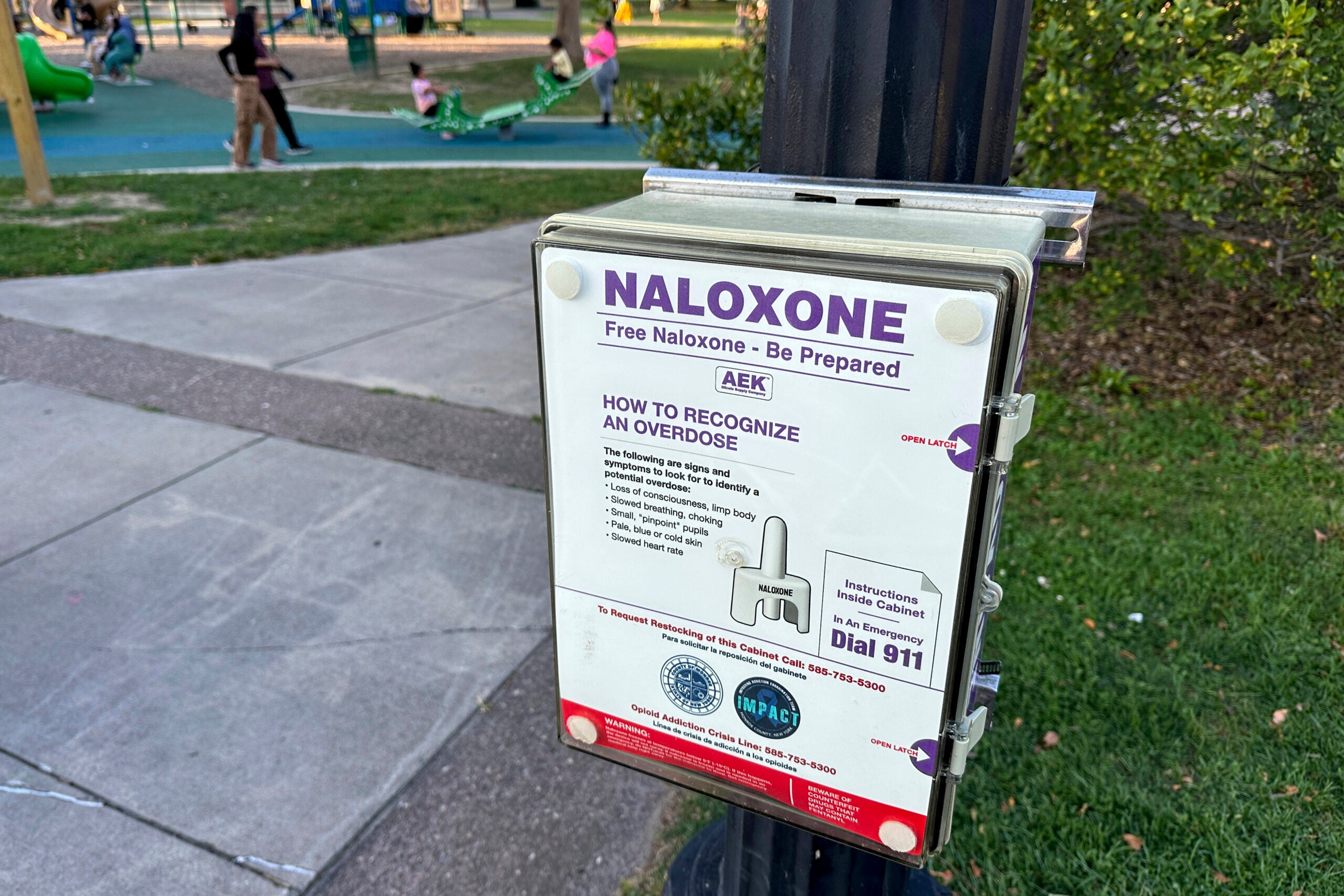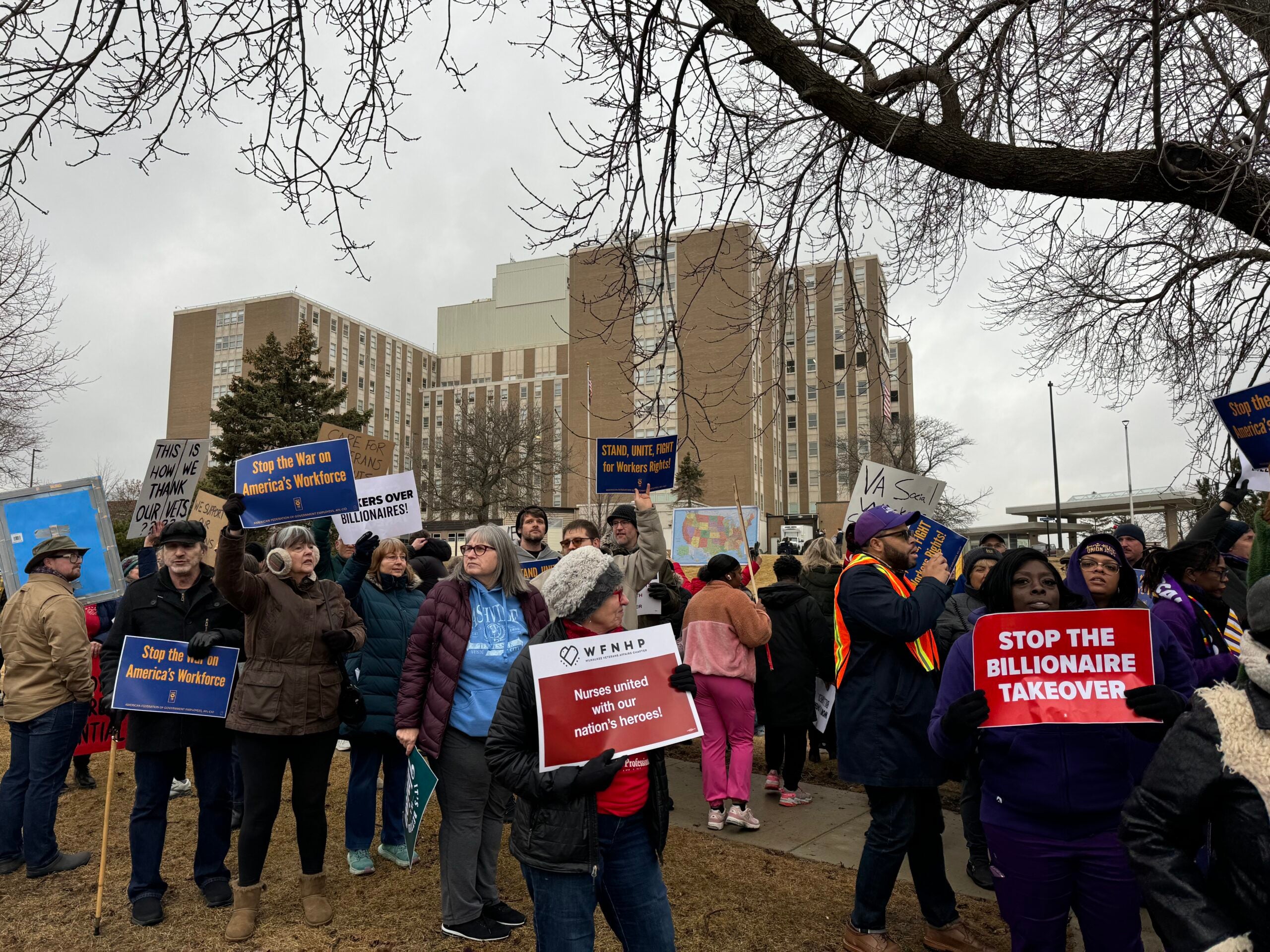Officials at the Tomah Veterans Affairs Medical Center say it’s going to be an ongoing process to get to where they need to be when it comes to opioid prescriptions.
In January, the medical center came under fire for prescribing high levels of opioids and for operating with a culture where workers faced retaliation if they questioned prescriptions.
According to the Tomah VA’s acting Medical Center Director John Rohrer, they are making progress by educating veterans and their providers on pain management alternatives, like physical therapy.
News with a little more humanity
WPR’s “Wisconsin Today” newsletter keeps you connected to the state you love without feeling overwhelmed. No paywall. No agenda. No corporate filter.
“Are we where we need to be? No, we need to get further along, of course,” said Rohrer. “But the effort has been immense. Several veterans have responded very positively to that. I think some were very hungry for that option. ‘Give us an option, don’t just give us medication.’”
Since creating its Opioid Safety Initiative in January 2014, the medical center says the number of veterans on high-dose opioid usage is down 35 percent.
Rohrer said they’re pushing staff to have difficult conversations with veterans about pain, especially if a veteran is addicted to opioid painkillers.
Clinical Nurse Specialist Molly Ritter said that many of the veterans she works with are responding well to physical therapy and other non-drug treatments. Starting a month ago, the medical center started integrating physical therapists into primary care teams to help veterans deal with pain.
“The therapist can give them exercises to take home, they can do an assessment immediately where they’re having pain, and they can enroll them in physical therapy, occupational therapy, any other programs they may need before the veteran leaves the primary care provider’s office,” she said.
Ritter said they’re also educating veterans about pain more through a “pain school.”
The acting director, John Rohrer said officials will be following through with providers who may be quick to write a prescription before exploring alternatives. And he said increased urine drug screenings and patient opioid drug agreements help hold providers accountable.
Wisconsin Public Radio, © Copyright 2025, Board of Regents of the University of Wisconsin System and Wisconsin Educational Communications Board.







